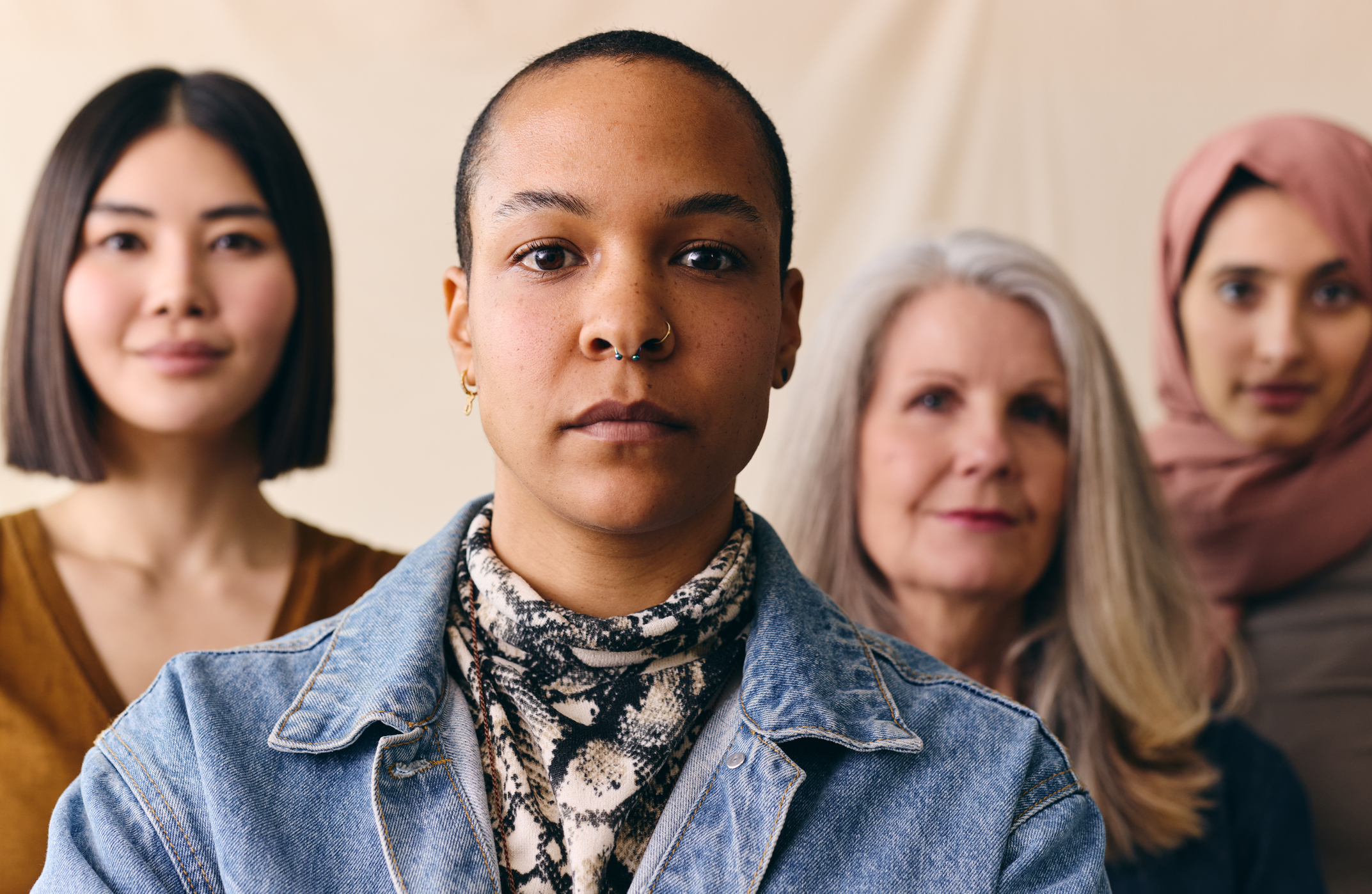Thirty-four years ago, 14 women were killed at École Polytechnique in Montreal. Across the country today, people are remembering the women we lost that day and why. We remember that a man walked into a classroom and opened fire; his only motivation, his only target, was women.
Violence against women isn’t gone, and until it is, we must draw attention to the problem and its solutions. The Canadian Women’s Foundation states that 184 women and girls were killed by violence in 2022, more than four in 10 women have experienced some form of intimate partner violence and more than 1.5 million women live in poverty today in Canada.
December 6 continues to bear significance not only in Canada, but across the globe.
Physical violence against women is alarming. It’s an all too frequent occurrence right here at home, with Toronto declaring gender-based and intimate partner violence a pandemic in the summer of 2023.
It’s not the only form of violence that takes place, however. Consider the whole experience of women: from equal access to opportunities to how women experience racism. Attitudes towards women are what grow and foster these criminal acts. They are the seeds. As with any act of aggression and intolerance against any group, there is work to be done in educating, in speaking out, in creating awareness and in advocating equality for all.
It’s crucial we don’t forget December 6 so we can progress and expand our analysis of women’s experience in Canada today. We must also include other groups like racialized Canadians and trans Canadians, who also experience oppression and lack of access to opportunities and the chance to live a healthy and full life.
At Wellesley Institute, we seek a healthier and more equitable society for all.
Update to a blog authored by Jo Snyder.
Some useful links for today:
National Day of Remembrance and Action on Violence Against Women
16 Days of Activism Against Gender-based Violence
Support services for those affected by gender-based violence
